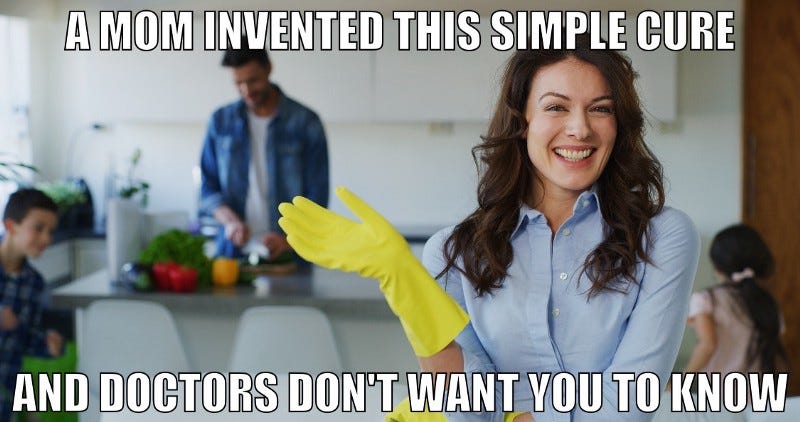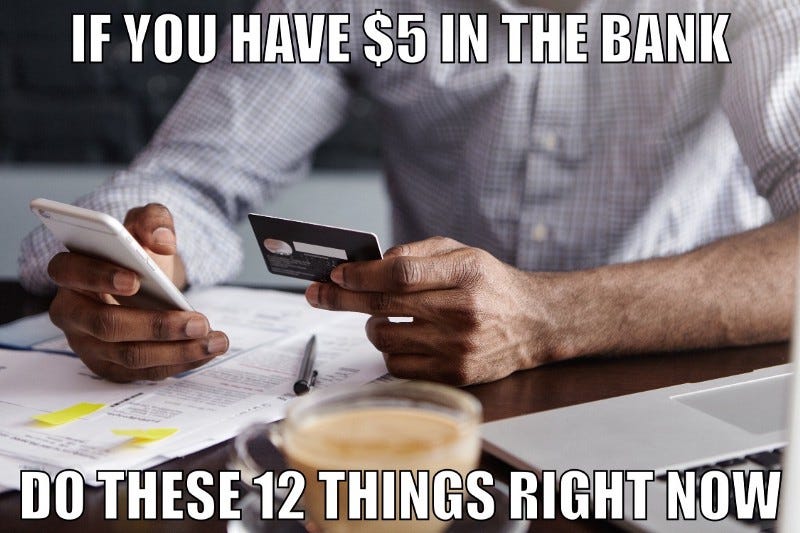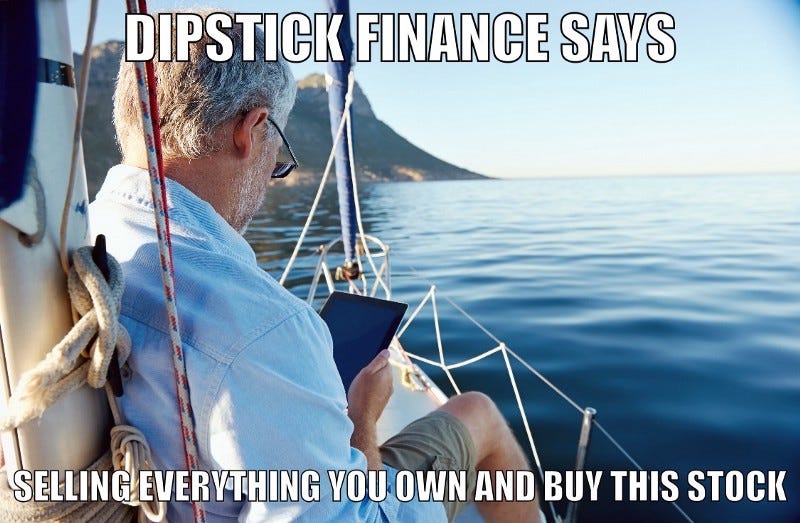I am never going to be your customer
Jim Morrison was right, strange days have found us. March 2020 is the first time in thirty years that I have gone more than two weeks…
Jim Morrison was right; strange days have found us. March 2020 is the first time in thirty years that I have gone more than two weeks without getting on a plane. Let that sink in. I read many books and kill time in airports staring at my Kindle. With everything happening in the world now, I am spending more time sitting in front of my iMac reading online articles. In between the coronavirus news, I try to cleanse my palate by reading about technology train wrecks like WeWork. I have subscriptions to the Washington Post, the Wall Street Journal, Bloomberg, and the New York Times (and too many technology publications to list here). I’ve been paying more attention to the ads and noticed that the advertisements that appear most often are for the worst products.
Paying for subscriptions does not entirely shield you from seeing online advertisements like a physical newspaper. I am not anti-advertisement. I’ve stumbled across (and purchased) some exciting products and services through online ads. But there are whole classes of products (and companies) that will never have me as a customer. From my vantage point, the ads for these companies come in four flavors: the tricksters, the movers, the golden opportunities, and the tiny disruptors. Let’s talk about each of these knuckleheads.
First, we have the tricksters. There is a hero, almost always identified as a “mom.” Opposing the “mom” is the evil conglomerate, often a bank, a medical practitioner, or a casino. They show a picture of the “mom” holding some vague product, and the text of the advertisement reads something like this:
Mom discovers this one simple trick that DOCTORS don’t want you to know.
Casinos don’t want you to do this, but they can’t STOP you.
Don’t let the [Bank/Insurance Company/Credit Card Company] TRICK you into blah, blah, blah.
A “mom” mixing dish soap with salt does not miraculously cure cancer. Casinos ensure that the odds are in their favor; that’s the only way they can justify all-you-can-eat buffets for low prices. There aren’t any tricks you can use to beat casinos save for cheating or card counting, and the casinos CAN stop you. Credit card companies aren’t trying to trick you into paying your bills. If you fall behind in your payments, there are legal ways to get some relief that does not require tricks.
Next up are the movers. Movers follow a simple format: If your [Rent/Income/Savings] is [X], then make these [N] moves. These ads have vague pictures of an annoyed or frightened person staring at their mobile device. They often have random dollar signs floating around the image. The idea here is that for any given dollar amount, some hidden “moves” will turn those dollars into lots more. Here’s some knowledge for you, there aren’t any such tricks.
The “golden opportunities” are always advertisers for financial advice. They offer a RARE ALL-IN “buy” recommendation daily. The words “daily” and “rare” should not appear in the same sentence when it comes to buying stocks, and you don’t need to be Howard Marks to understand this fact. Sometimes they’ll imply that purchasing a particular stock they are hocking (never named in the ad) is like buying Apple at $5 or some other nonsense. These ads always show older white people doing something that costs a lot of money — like yachting.
My personal favorite is the “tiny disruptors.” These ads feature a picture of a group of diverse twenty-somethings wearing t-shirts and smirking outside a building. The text reads something along the lines of: “This tiny [local name of town] company is disrupting the billion-dollar [insurance/banking/investing/asset management] industry.” Yes, folks, insurance is expensive, but two guys and a dog are leveraging technology to INVENT a new type of insurance that makes the industry giants quake in their boots. Think of this ad as the “Uber,” but for [insert industry here]. These jokers appear everywhere, sometimes three or four times within a single news article.
Sure, I can install an ad-blocker for all the places I read online, but I don’t want to block ALL advertisements. I want to see ads, especially those that are relevant to me. I buy a crap-ton of stuff from The Grommet (stuff it, Marie Kondo), and I found them thanks to an advertisement some years back. I just want to block ads from companies I KNOW WILL NEVER GET MY BUSINESS.
I picked on this particular group of crappy product categories because, in my view, they are all scams. But I have friends who, for various reasons, don’t like legitimate companies. One of my partners is a Lululemon fanatic, and she’ll never buy anything from Nike. So my gripe isn’t solely about scammers.
Advertisers pay for impressions and clicks, but I will never click through ANY of these ads. Ever. We need a universal right-click option to opt-out from individual companies within ad tech. Universally opting out isn’t easy without registering with these companies, which I DON’T want to do. So, we’d have to opt-out on each of our devices, and that’s a trade-off that I would happily make every day of the week and twice on Sundays.
Advertisers will not be thrilled with the idea of allowing potential customers to opt-out of seeing their ads. But this is my point, as I am NOT a potential customer for these companies or products. It’s best for all of us if I can opt-out and open a space for a company or service that might interest me.




